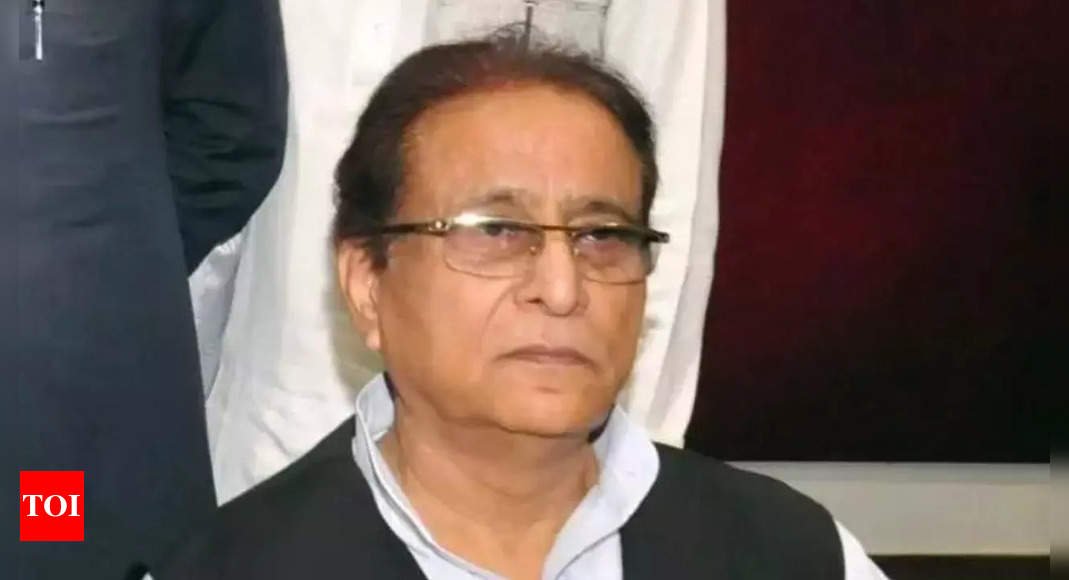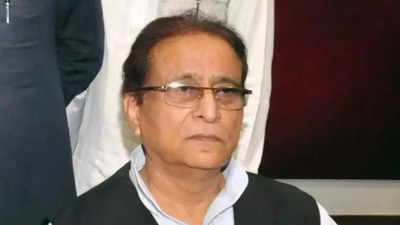NEW DELHI: The Supreme Court has granted bail to former Uttar Pradesh minister Azam Khan and his son Abdullah Azam Khan in connection with a machine theft case, overturning the Allahabad High Court‘s earlier decision denying them bail.
A bench comprising Justices M M Sundresh and Rajesh Bindal ruled in favor of the father-son duo, considering the time they have already spent in custody and the fact that the chargesheet has been filed.
“Taking into consideration the facts and circumstances of the case, which include the period of incarceration undergone by the appellants, and that the chargesheet has already been filed, we are inclined to set aside the impugned order and grant bail to the appellants,” the bench stated in its February 10 ruling.
The court directed that the trial court impose conditions ensuring the accused cooperate with the legal proceedings and do not attempt to influence witnesses.
“Liberty is also granted to the respondent-State to seek for cancellation of bail in case of violation of any of the conditions imposed upon the appellants. We further make it clear that the trial court is at liberty to proceed with the trial, notwithstanding the conduct of the parties,” the order further stated.
Khan and his son had approached the Supreme Court challenging the Allahabad High Court’s September 21 order that denied them bail.
The case dates back to 2014 when Khan, his son, and five others were accused of stealing a road-cleaning machine purchased by the Nagar Palika Parishad of Rampur district. The machine was later allegedly recovered from Jauhar University, which is linked to Khan.
In 2022, following a change in the Uttar Pradesh government, a man named Wakar Ali Khan filed an FIR at Kotwali, Rampur, accusing the seven individuals of theft.
With the Supreme Court’s ruling, both Azam Khan and his son are set to be released on bail, subject to conditions laid out by the trial court.


